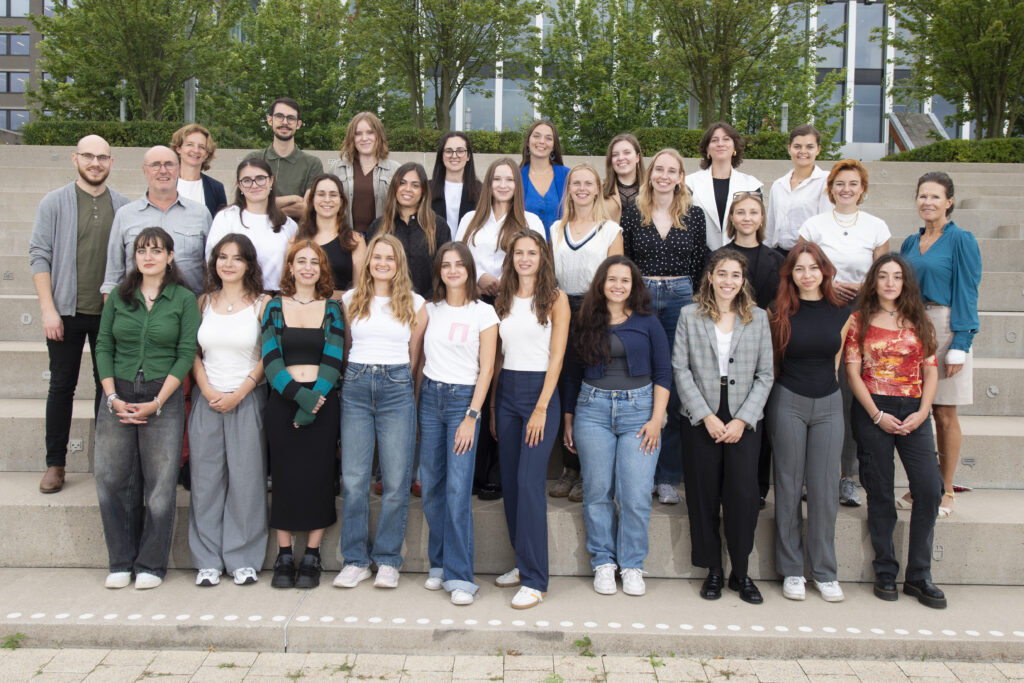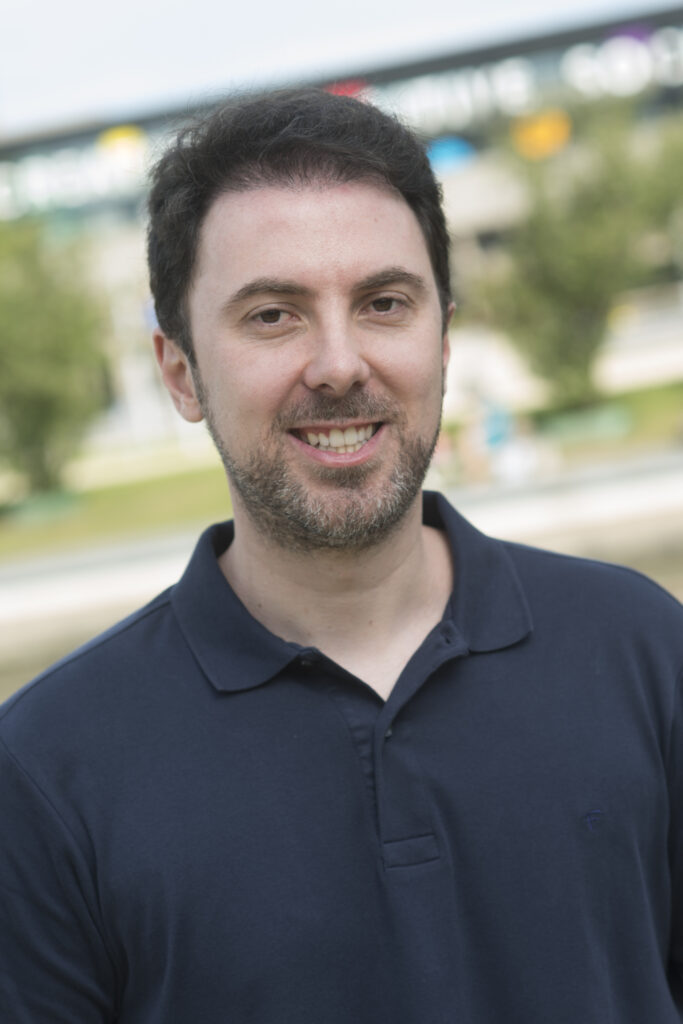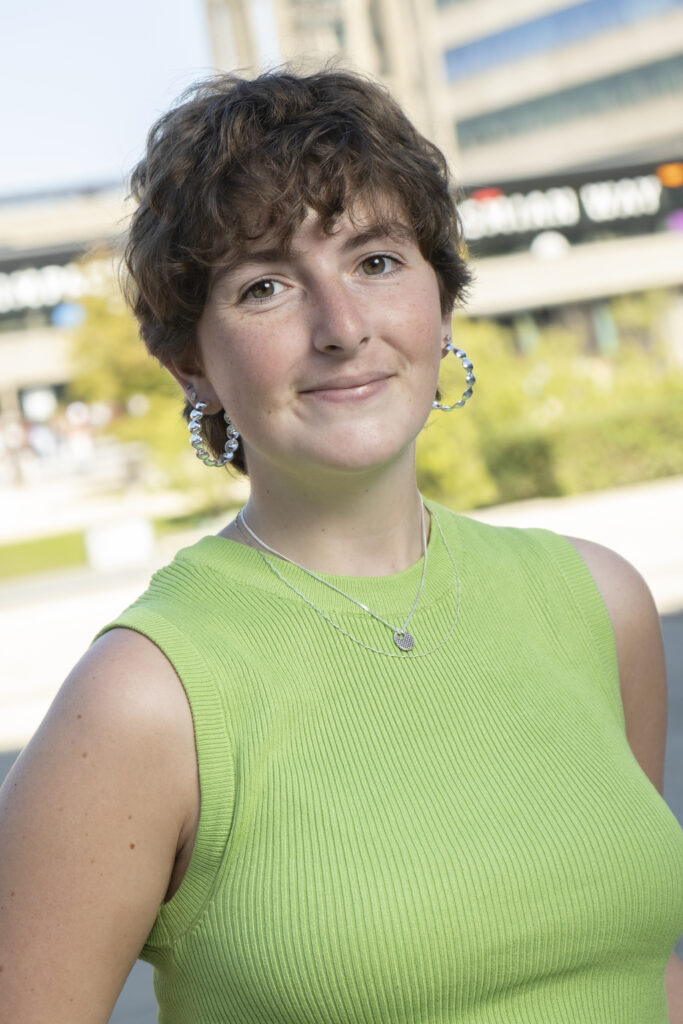Welcome to IMARC
International Master’s in Advanced Research in Criminology
IMARC brings together learning, research and practice through collaboration with partners such as governments, ngo’s, corporate actors and other universities. You are trained in a variety of research approaches and methodologies. You participate in international conferences and intercultural and interdisciplinary exchange. As a graduate you will have a lot of expertise in the field of bordercrossing, security and social justice. “As an IMARC student you develop fresh and critical views on the essential criminological issues.”
Why study at IMARC
Why would you choose IMARC?
Increasing flows of people, goods and information: one of the major challenges of the 21st century. Great migrations often come with problems of crime and injustice, like radicalisation, human trafficking and violations of human rights. For decades Europe has reacted in a defensive way. Nowadays we realize the need for new visions and joint international responses. Understanding crime and crime control, and finding a balance between demands for security and social justice will be the start of possible solutions.
With critical theoretical perspectives on border-crossing, security and social justice you will learn to address these crucial political and humanitarian themes. Challenges such as migration, human rights issues, conflicts and social exclusion, they go beyond organisational and jurisdictional boundaries and raise new questions that require joint international approaches. The current global development show the social relevance of an international oriented research master and issues on how to balance security, social justice and human rights are addressed in the programme
IMARC is a research-oriented programme that is aimed at motivated and talented master students who want to further develop their research skills and learn to address problems with scientific research and to look at data and research objectively. This will help you in deciding whether you want to pursue a career in the academic world or will improve your opportunities on the labour market outside academia.
Testimonials
What our students say
Our 4 semesters
The programme is designed to respond critically, scientifically and in a policy-oriented manner to social questions that have dramatically changed the agendas of crime, harm and control.
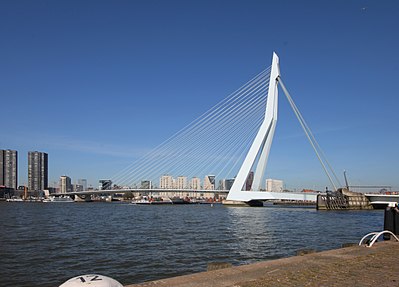
Fundamental theoretical courses in research techniques and criminology.
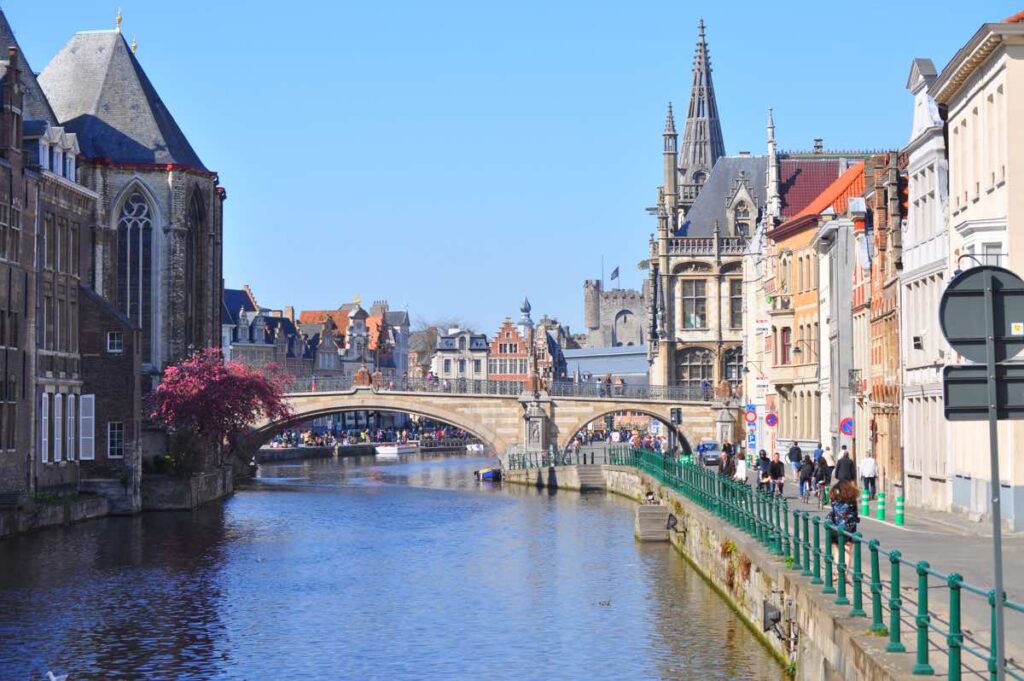
Specialisation track at one of the four universities.
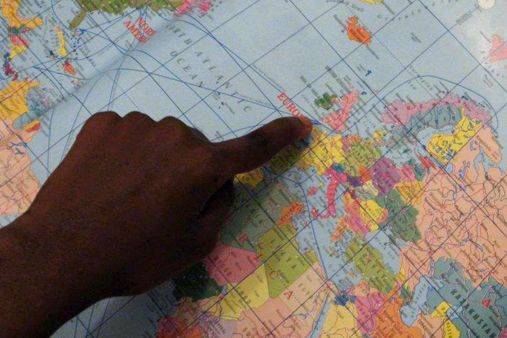
Doing your research: data gathering, fieldwork and optional internship

Analysing findings, writing your thesis and have your defence
Structure
Our 4 semesters
The programme is designed to respond critically, scientifically and in a policy-oriented manner to social questions that have dramatically changed the agendas of crime, harm and control.
Career perspectives
What do you want to become?
IMARC isn’t just an academic programme – it’s training for your professional career. Would you like to be a policy maker at the EU? Or do you prefer to do academic research on border security? Maybe become a policy maker at an NGO or an human rights organisation. With a valuable multiple IMARC degree you will have numerous options to build a great career. As an interdisciplinary expert and a skilful researcher, you will contribute to answers to the current social and political challenges of crimes and crime control.
